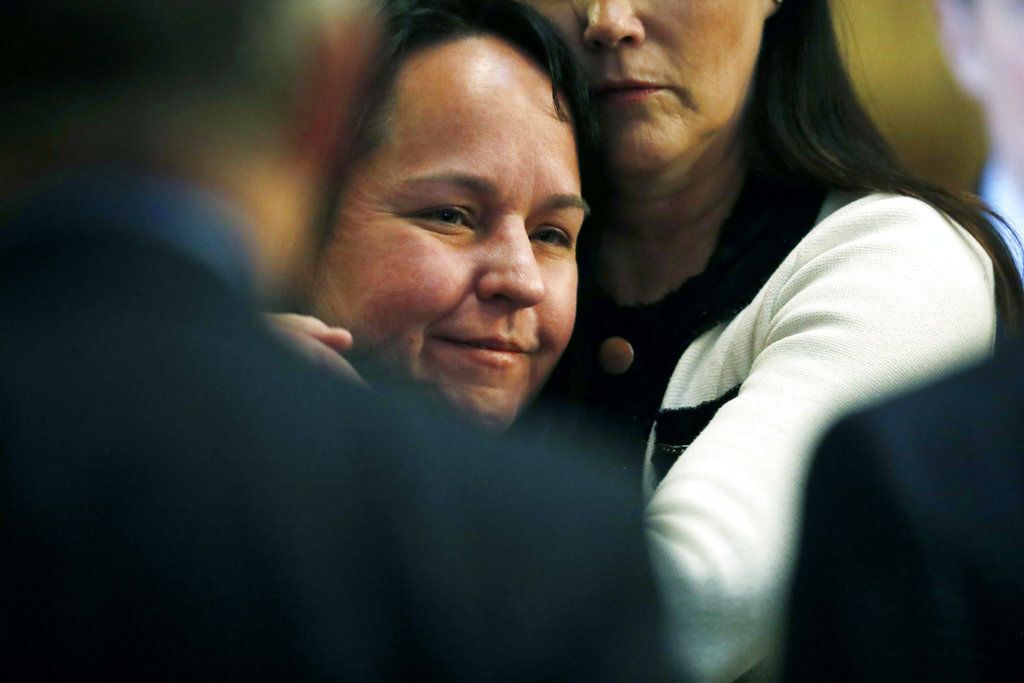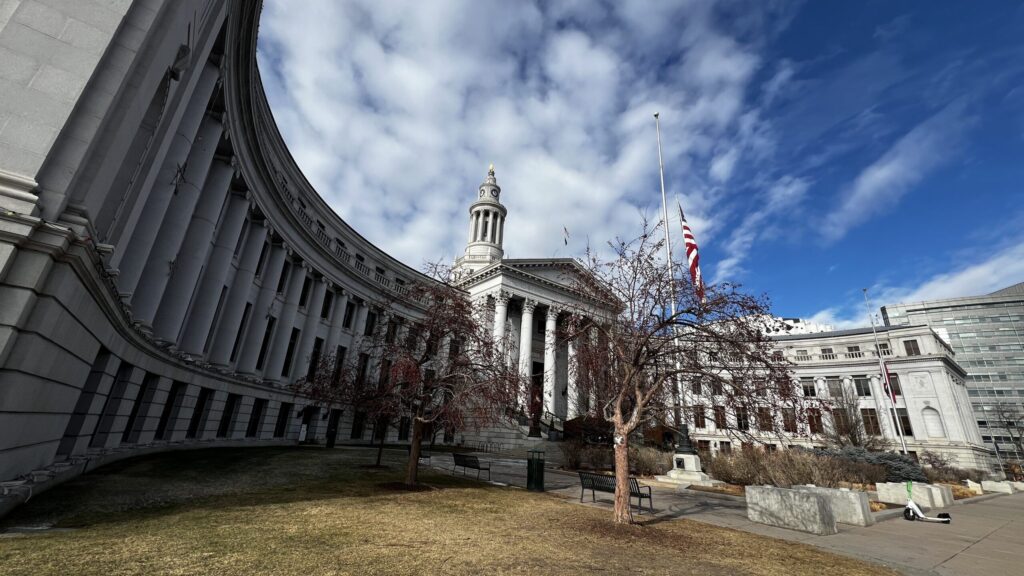Primary property tax relief bill wins party-line vote in first committee
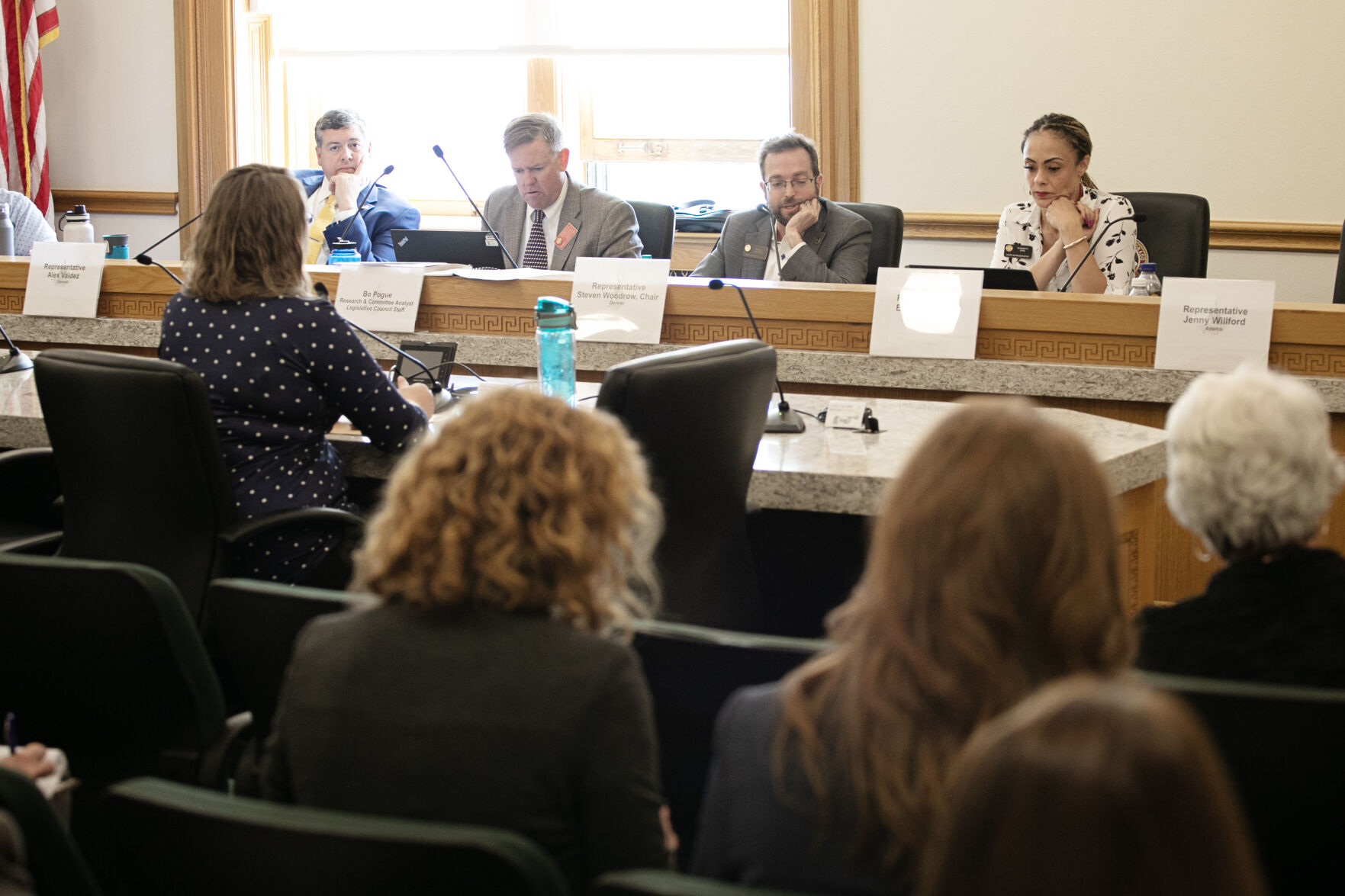
The Democrats’ main proposal to deal with soaring property taxes cleared its first committee on a party-line 4-3 vote on Friday afternoon – but not without grumbling from counties and special districts that believe they have been left out.
Senate Bill 23B-001 passed the Senate Finance Committee on the first day of the Colorado General Assembly’s three-day special session.
The bill uses $200 million in general fund dollars, set aside in 2022 legislation, to cover any “lost” revenue by public schools and fire districts as a result of the legislation. That takes up $135 million of the pot; the rest goes to the hundreds of counties and special districts that saw less than 13% growth over the past two years. That’s a figure the bill’s sponsors came up with based on inflation over the past two years, and they indicated Friday they are willing to consider a different number.
But those numbers don’t work for counties and special districts, critics said.
In her testimony before the committee, Commissioner Kristin Stephens of Larimer County said counties don’t buy the things that factor into the Consumer Price Index. In fact, their costs have gone up more than that, she said.
The Democrats’ proposal, which applies to the 2023 tax year only, reduces the residential assessment rate for single-family and multi-family homes from 6.765% to 6.7%. Also, tax bills would be calculated on a value reduced by $50,000 per residence, up from the $15,000 in current law.
Left out of the proposal are commercial property owners, including small business; landlords who own properties and who may have to increase rent to cover those costs; and, hotels and other lodging facilities.
The so-called “backfill,” which would cover any reductions in revenue caused by decreases in valuation and assessment rates, would “make whole” public schools and fire districts, according to the sponsors.
“I don’t disagree with the testimony” on both sides, said Senate President Steve Fenberg, one of the bill’s sponsors, adding lawmakers have “limited tools at the state level” to deal with the property tax crisis.
He added that the bill would “provide meaningful relief to the average homeowner” and “keep whole” communities that have not experienced high growth rates.
The ‘best lemonade possible’
Sen. Chris Hansen, D-Denver, the bill’s other Senate sponsor, said policymakers are stretching the $200 million available as far as they can.
“We’re making the best lemonade possible,” he said.
But the bill’s effects on rural Colorado is raising concerns for many, even among Democrats.
Sen. Chris Kolker, D-Littleton, said how the bill would affect rural Colorado still needs to be discussed.
Almost everyone who testified on the property tax bill represented a county or special district.
Ann Terry of the Special District Association said a survey of its members earlier this week showed many fear they will no longer be able to pay for infrastructure projects or pay employees, worries raised by the Colorado River Water Conservancy District and the Costilla County Water Conservancy District.
Rural hospitals are also worried, according to a statement from the Colorado Hospital Association, which said 26 county-owned and special district hospitals rely on property taxes, with $57 million keeping their doors open last year.
Even groups that normally stand alongside Democrats aren’t supportive.
Counties and Commissioners Acting Together, which has backed Democratic proposals in the past, testified in a neutral position.
“We are struggling to fund new mandates,” said Clear Creek Commissioner George Marlin, who testified on behalf of the group.
While supporting the measure, Scott Wasserman of the Bell Policy Center said it is “regrettable” that there’s not enough “backfill” for the 3,000 local districts across the state.
“But, ultimately, with only $200 million at our disposal, this is the best we can do,” he said.
“We should not do this again,” Wasserman said, noting the fix is one time and temporary.
Noting that rural Eastern Plain counties will get some of that subsidy, he add, “We need to move to a regional assessment rate system, and we need to stop the statewide property tax wars. This is not working out for anybody.”
“I think this is the best the state can do given the circumstances it’s in. I wish we had more tools at our disposal, but we don’t,” he said.
The bill will next move on to the Senate Appropriations Committee and is expected to be debated by the full Senate later.
Republican bill on using state reserves dies
Meanwhile, a bill to use state reserves to cover property tax relief, advanced by Sen. Barbara Kirkmeyer, R-Brighton, and 10 of her GOP colleagues, died in the Senate Local Government and Housing Committee on a party-line 4-3 vote.
“Is there a magic bullet? No,” said Sen. Rod Pelton, R-Cheyenne Wells. But if we don’t fund our rural hospitals people will die.”
In another development, the first of several bills intended to provide an equalized Taxpayer’s Bill of Rights refund to all taxpayers, promoted by Senate Democrats, passed the Senate State, Veterans and Military Affairs Committee also on a party-line 3-2 vote.
Senate Bill 23B-003, sponsored by Sens. Nick Hinrichsen of Pueblo and Janice Marchman of Loveland, would use $3.28 billion in TABOR surplus revenue for a one-time equalized refund for 2023, to be paid for in 2024.
The refunds would be $847 for single taxpayers and $1,694 for joint filers.
Two bills intended to address property tax homestead exemptions, one bipartisan and another GOP-sponsored, both died in the committees that tackled them.
House Bill 23B-1007, sponsored by Reps. David Ortiz, D-Centennial, and Ron Weinberg, R-Loveland, went down on a 7-3 party-line vote in the House State, Civic, Military and Veterans Affairs Committee.
The bill would have expanded the homestead exemption from 50% of the first $200,000 in value to $325,000.
Ortiz criticized his Democratic colleagues after the vote on X, formerly known as Twitter.
“Disappointing to see that no effort was made by my own party to do ANYTHING for #veterans living with a disability whose service NOW severely limits their income potential. Vets make up far too many in homeless pop.. but hey.. who cares,” he said. “This will come back.”
The Senate state affairs committee rejected the second bill, sponsored by Sen. Larry Liston, R-Colorado Springs. It, too, died on a party-line 4-3 vote.
Senate Bill 23B-005 would have expanded the senior and veterans property tax exemption to $350,000 and allowed seniors to claim the exemption if they lose part of the 10-year clock due to medical necessity.
House Democrats advanced three bills through committee through mid-afternoon Friday.
House Bill 23B-1001, which would provide $30 million for rental assistance, won party-line approval from the House Transportation, Housing and Local Government Committee.
House Bill 23B-1002, which expands the Earned Income Tax Credit, won party-line approval from the House Finance Committee.
House Bill 23B-1003, the third bill that deals with the property tax task force the governor requested in his call, won a party-line vote from the House state affairs committee.
Under the proposal, the majority of the 11-member group would consist of state lawmakers who are not required to have local government experience, along with the state property tax administrator, one county commissioner, one representative from a municipality, one county assessor and one person representing school boards.
The task force would also have several subpanels, which would include more local government and special district representation. The task force would not start meeting until June 15, 2024, after the 2024 legislative session. Its final report would be due just four months later.
The House Appropriations plan to hear the Democratic proposals later on Friday. And House legislators expect to tackle the measures on the chamber’s floor that evening.
All bills must be passed by their first chamber on Saturday and the process then repeats, with all bills going through committee and second reading debate on Saturday, and then final votes on Sunday.

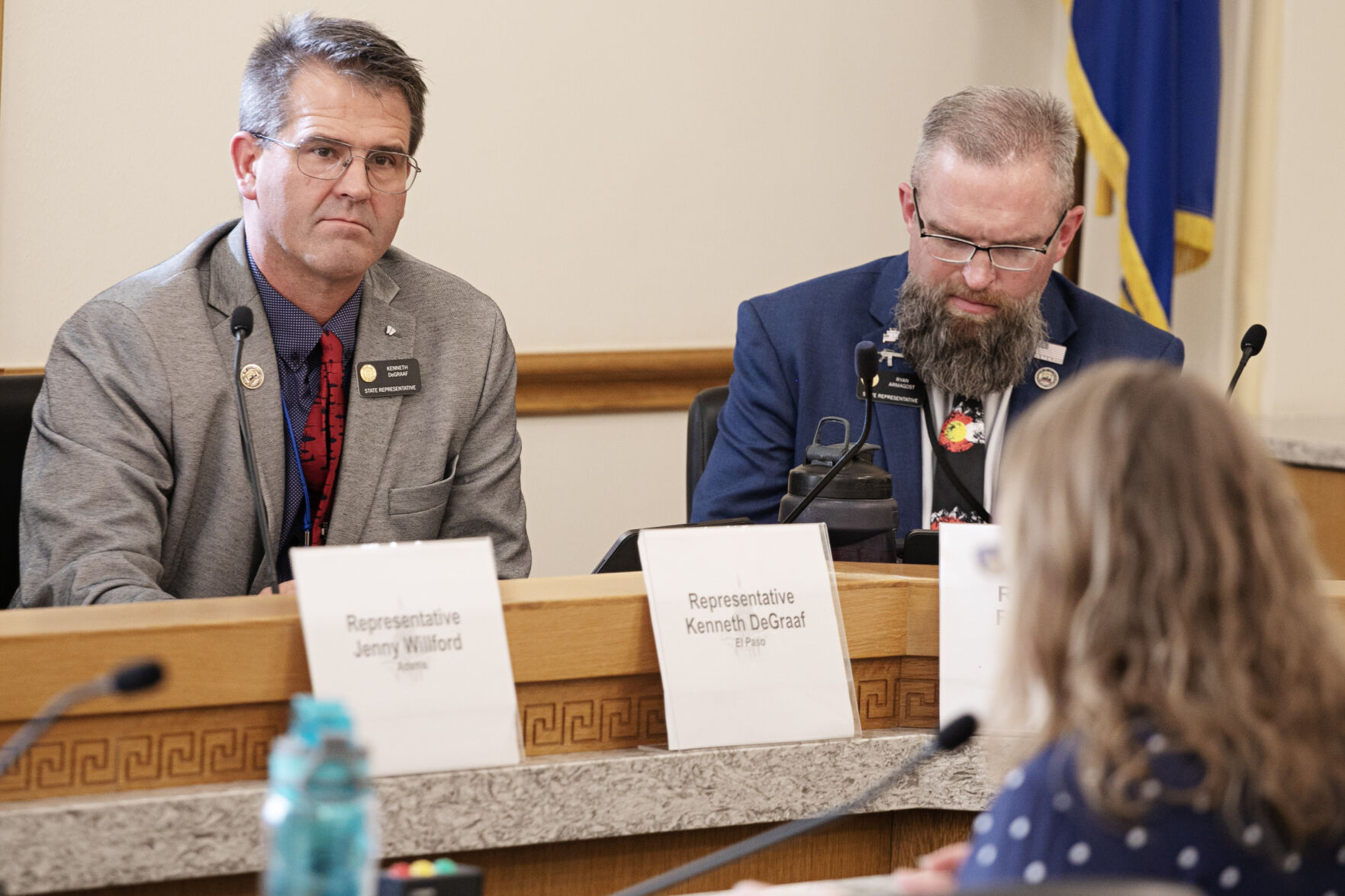
tom.hellauer@denvergazette.com
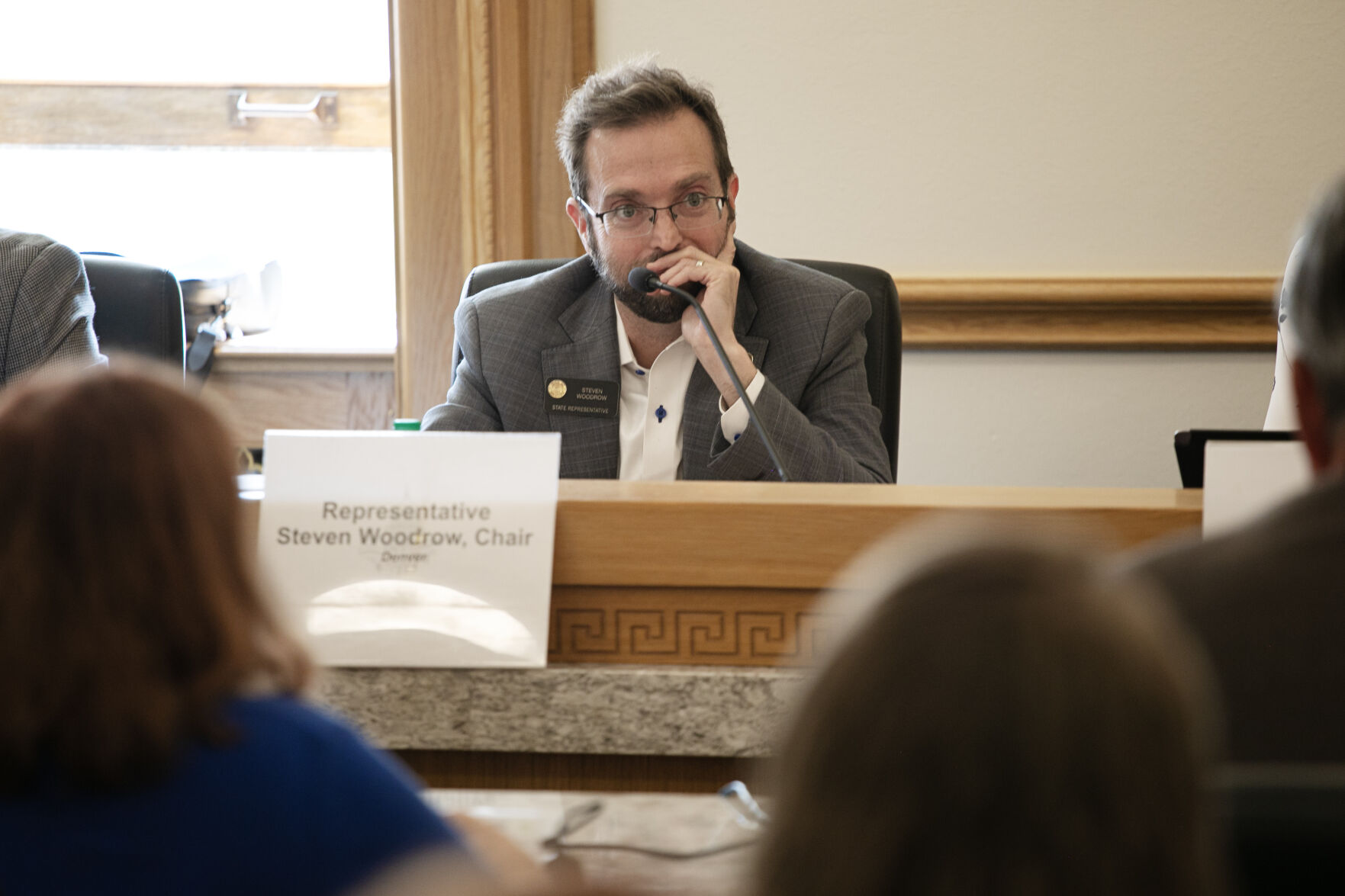
tom.hellauer@denvergazette.com

marianne.goodland@coloradopolitics.com


